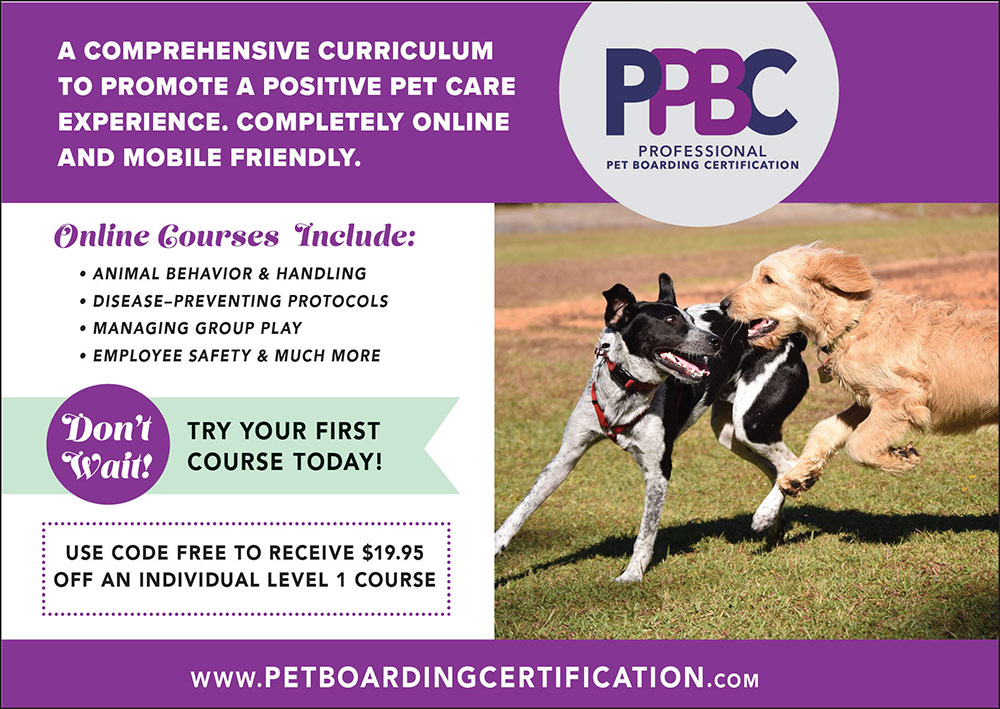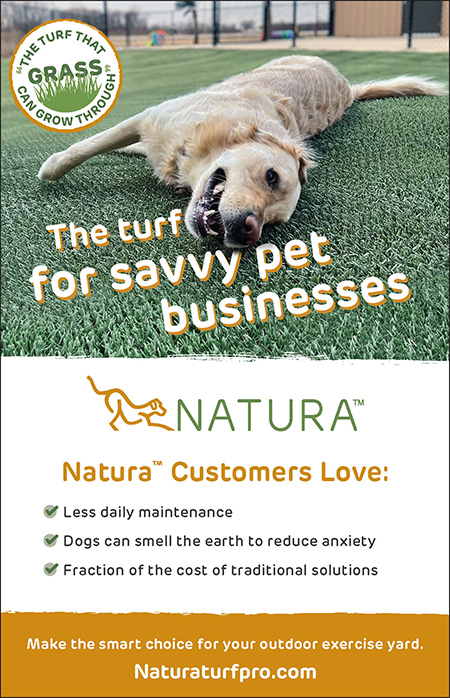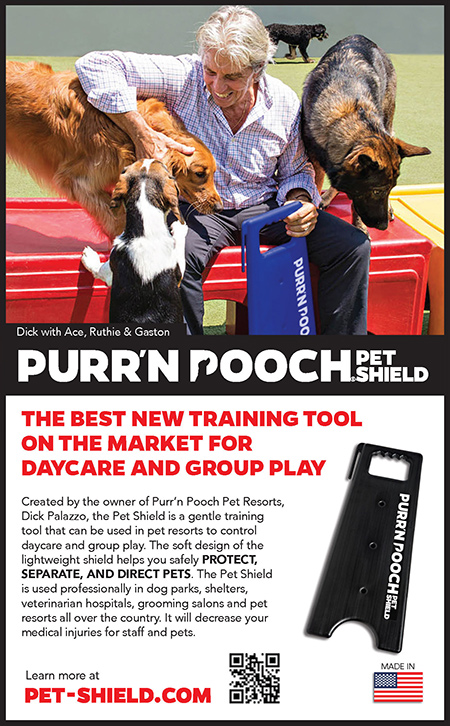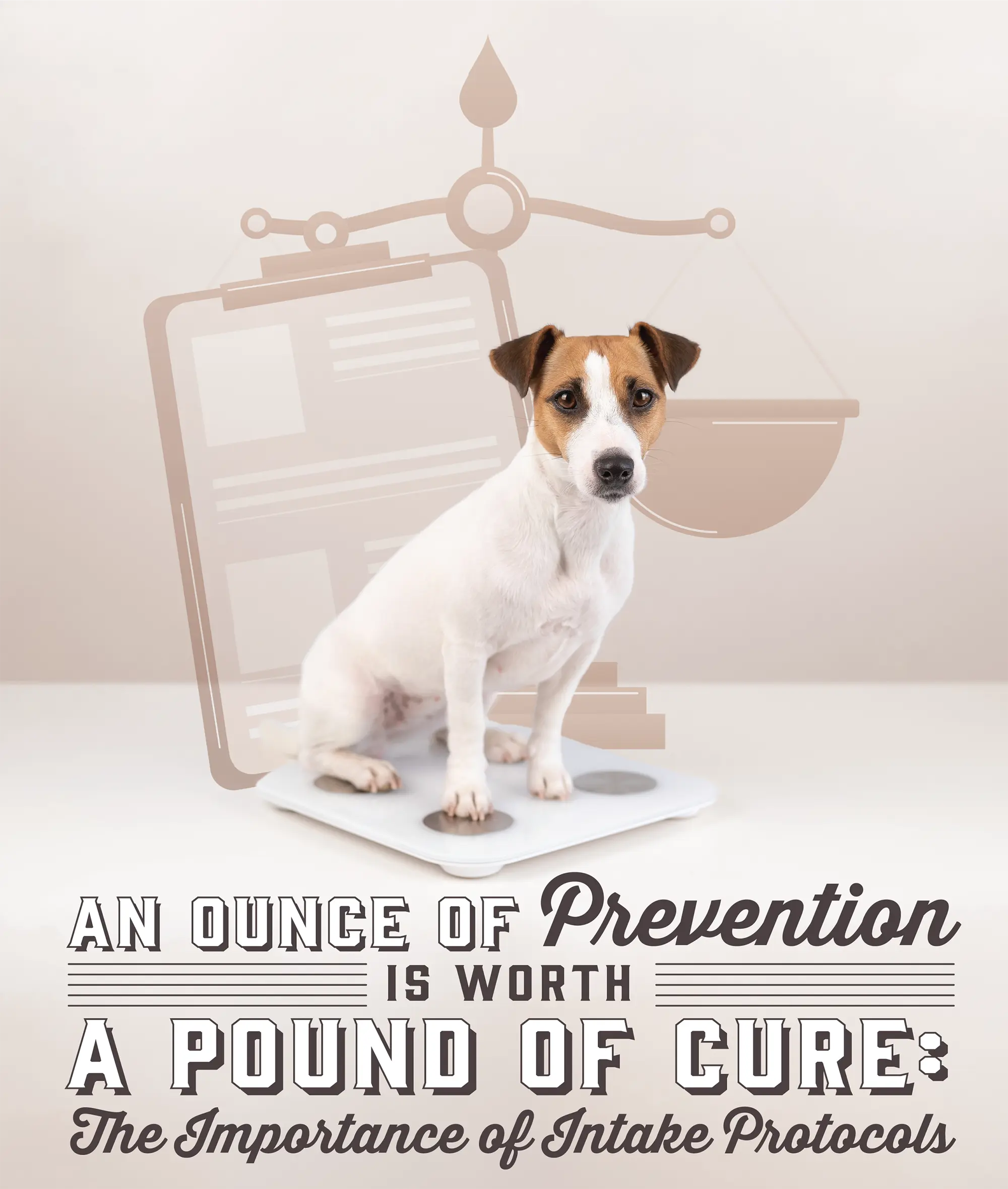
 very year, multiple times a year, the news media will carry headlines like, “Is there an outbreak of pneumonia in dogs? Here’s what you and your pup should know,” or “Respiratory disease outbreak: New Hampshire and neighboring states,” striking fear into pet care facility operators and pet owners alike. It seems like disease outbreaks are an inevitable part of operating any pet care facility…but are they?
very year, multiple times a year, the news media will carry headlines like, “Is there an outbreak of pneumonia in dogs? Here’s what you and your pup should know,” or “Respiratory disease outbreak: New Hampshire and neighboring states,” striking fear into pet care facility operators and pet owners alike. It seems like disease outbreaks are an inevitable part of operating any pet care facility…but are they?
Luckily, there are concrete steps that facilities can take to decrease the likelihood of an outbreak among their pet population. And in the world of infectious diseases, a single ounce of prevention may be worth even more than a pound of cure. Establishing solid intake protocols, strictly adhering to those intake protocols, consistently reinforcing staff training and maintaining effective communication are all key to any pet care facility preserving the health of their clients’ pets.
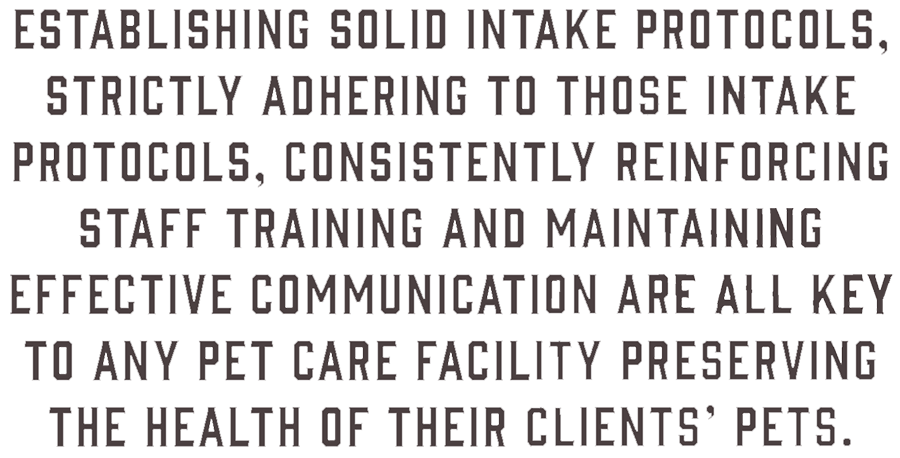
Any intake protocol is only as good as the enforcement of the requirements. Just as the personnel at the reception desk are the face of a facility, they are the frontline of defense against pathogen introduction to any facility by virtue of intake requirement enforcement. However, pet care is a customer service industry, so telling a dedicated pet owner that their pet is unable to enter a facility is, at the very least, a sticky wicket. It is imperative that intake/reception staff truly understand the importance of adhering to the intake protocols and requirements—regardless of the circumstances described by pet owners desperate to drop off their furry friend.
In fact, a facility is charged with safe-guarding the health and well-being of ALL the animals in their care, not just the single pet whose owner is begging them to make an exception…just this once. So, how can facility operators support staff in their effort to provide consistently high-level care to pets in the facility? With consistent and persistent staff training, of course!


Once your facility has worked with credible experts to create preventive protocols, establish staff training schedules to successfully implement the protocols and communicate the reason for the requirements to your clients, the fear of disease outbreaks can ratchet down a bit. Trust that preventive medicine is a pathway to disease prevention within your pet care facility.
Dr. Jenifer Chatfield is a double board-certified veterinary specialist in infectious disease and a world-renowned speaker at pet care conferences. “Dr. Jen the Vet” loves talking with pet lovers and pet care facility personnel about how to keep pets safe and healthy. If you are interested in adding Dr. Jen to your pet care facility team, check out her “Healthy Pet-Keeping Seal” program and enroll your facility today! More info is available on her website, drjenthevet.com, or by emailing GetTheSeal@drjenthevet.com
